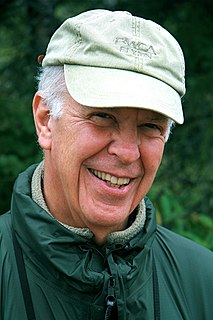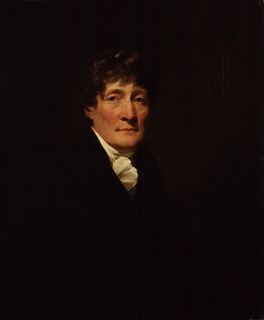A Quote by Albert Camus
My profession lent itself nicely to my vocation for heights. It freed me of any bitterness towards my fellow men, who were alwaysin my debt, without my owing them anything. It placed me above the judge whom, I in turn judged, above the defendant whom I forced into gratitude.
Related Quotes
The being who, for most men, is the source of the most lively, and even, be it said, to the shame of philosophical delights, the most lasting joys; the being towards or for whom all their efforts tend for whom and by whom fortunes are made and lost; for whom, but especially by whom, artists and poets compose their most delicate jewels; from whom flow the most enervating pleasures and the most enriching sufferings - woman, in a word, is not, for the artist in general... only the female of the human species. She is rather a divinity, a star.
Indeed, I have observed one ingredient, somewhat necessary in a man’s composition towards happiness, which people of feeling would do well to acquire; a certain respect for the follies of mankind: for there are so many fools whom the opinion of the world entitles to regard, whom accident has placed in heights of which they are unworthy, that he who cannot restrain his contempt or indignation at the sight will be too often quarrelling with the disposal of things to relish that share which is allotted to himself.
Before prayer, endeavour to realise Whose Presence you are approaching and to Whom you are about to speak, keeping in mind Whom you are addressing. If our lives were a thousand times as long as they are we should never fully understand how we ought to behave towards God, before Whom the very Angels tremble, Who can do all He wills, and with Whom to wish is to accomplish.
Let us enquire. Who, then, shall challenge the words? Why are they challenged. And by whom? By those who call themselves the guardians of morality, and who are the constituted guardians of religion. Enquiry, it seems, suits not them. They have drawn the line, beyond which human reason shall not pass -- above which human virtue shall not aspire! All that is without their faith or above their rule, is immorality, is atheism, is -- I know not what.
Let us admit, without bitterness, that the individual has his distinct interests and can, without felony, stipulate for those interests and defend them. The present has its pardonable amount of egotism; momentary life has its claims, and cannot be expected to sacrifice itself incessantly to the future. The generation which is in its turn passing over the earth is not forced to abridge its life for the sake of the generations, its equals after all, whose turn shall come later on.
Let this point therefore stand: that those whom the Holy Spirit has inwardly taught truly rest upon Scripture, and that Scripture itself is self-authenticated. . . . Therefore, illumined by his power, we believe neither by our own nor by any one else's judgment that Scripture is from God; but above human judgment we affirm with utter certainty (just as if we were gazing upon the majesty of God himself) that it has flowed to us from the very mouth of God by the ministry of men.










































